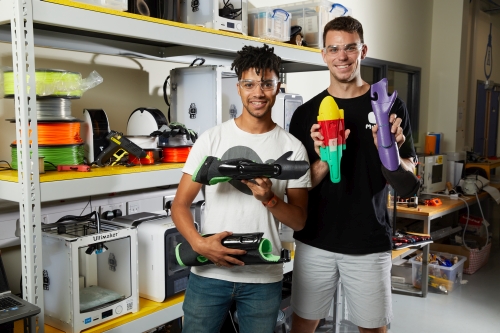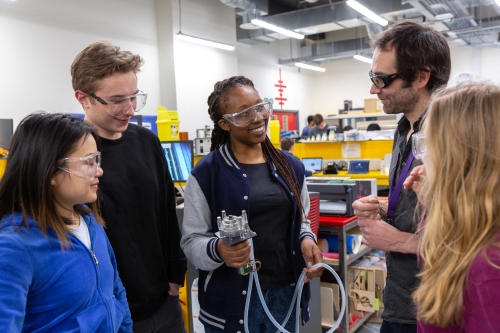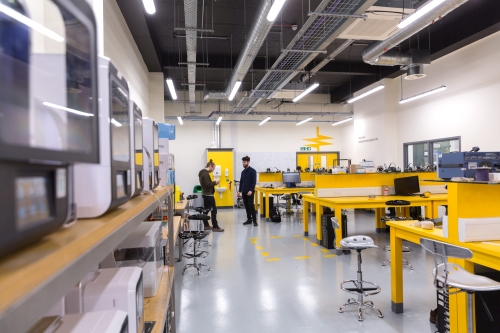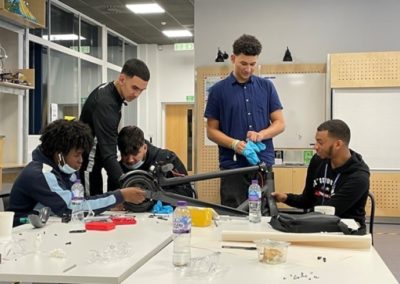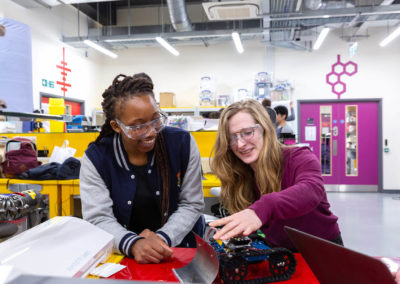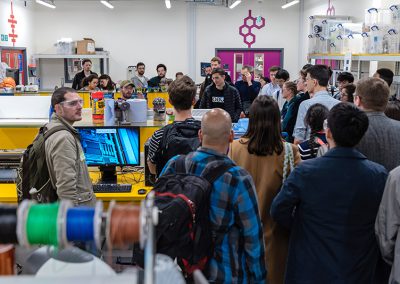Scores of Imperial students make semi-finals of Mayor’s Entrepreneur competition
21 students from Imperial have made the semi-finals of the Mayor’s annual Entrepreneur competition.
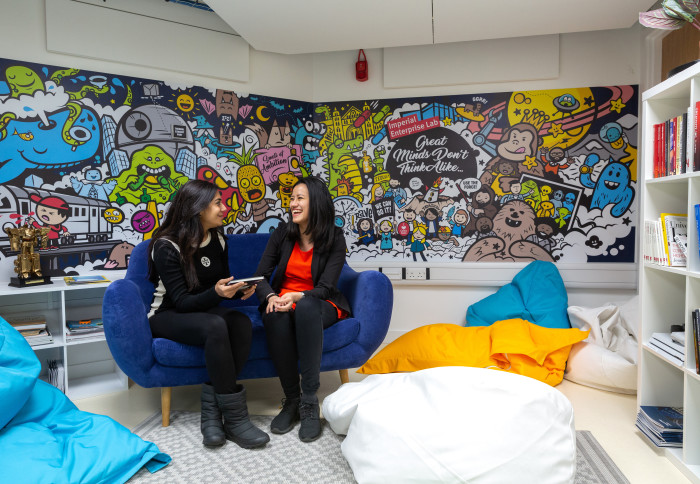
by Joanna Wilson
21 students from Imperial have made the semi-finals of the Mayor’s annual Entrepreneur competition.
Out of 120 semi-finalists selected for the Mayor’s Entrepreneur competition, 21 are from Imperial College London. All of the 21 teams have been highly engaged with the College’s entrepreneurial ecosystem, including the Venture Catalyst Challenge, WE Innovate, the White City Incubator and the Advanced Hackspace.
The Mayor’s Entrepreneur competition is aimed at selecting the best and brightest student business ideas to help deliver good growth for London, and supports the city to become cleaner, greener and ready for the future. The competition hopes to ensure students get the skills they need to succeed in a fair, inclusive society and thriving economy.
Among the Imperial teams shortlisted are:
Charco Neurotech who are developing a device to help Parkinson’s Disease sufferers move more easily. One of the disorder’s most common symptoms is slow movement, and early-stage testing indicates that the non-invasive device under development by the team could help patients walk, move their hands and use tools more quickly, easily and smoothly by delivering vibrations to the chest.
Charco Neurotech was founded by Innovation Design Engineering graduate Lucy Jung who is currently part of the MedTech SuperConnector programme.
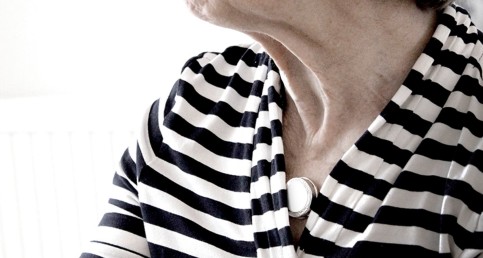
Image credit: Charco Neurotech
Endomy, a MedTech startup enabling a non-invasive, definitive and cost-effective imaging tool for diagnosis of endometriosis, a long-term condition where tissue similar to the lining of the womb grows in other places, such as the ovaries and fallopian tubes.
Through high-resolution imaging of endometriosis lesions, the device may also be used to guide laparoscopic surgery if this is chosen as the form of treatment. Additionally, the device may be adopted as a risk assessment for women wishing to conceive, as the disease is known to result in greatly increased of miscarriage and preterm birth during pregnancy. Endomy was founded by physics student Tosca Cederberg Marmefelt who is currently taking part in the WE Innovate programme.
Previous successes: biodegradable sanitary pads and paper sensors for sepsis
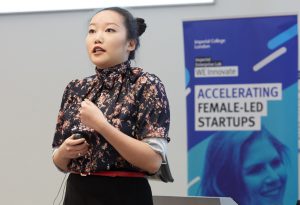
Olivia Ahn, co-founder of Polipop
In 2018, Polipop, founded by Imperial graduates Olivia Ahn and Aaron Koshy, won the Mayor’s Entrepreneur with their fully flushable and biodegradable sanitary pads. In a bid to combat the environmental impact of disposable sanitary products, the team has engineered a material that is stable during use at body temperature, but which disintegrates upon contact with cool water, allowing them to be flushed down the toilet safely.
Since winning, the team are preparing for their launch in the UK. Their first manufactured batch is currently being tested to ensure they comply by the latest international flush ability standards in their in-house labs.
Also in 2018 Imperial graduate George Winfield won the Tech Award with Spyras, paper sensors that are used to monitor breathing of hospital patients who are at risk of sepsis which first presents as rapid breathing.
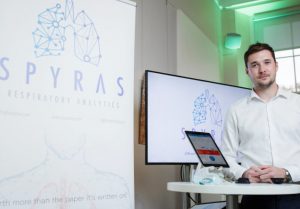
George Winfield Founder and CEO of Spyras
Since winning George has won multiple competitions including the SantanderUK Universities Competition and was named ‘UK’s Most Promising Young Engineering Entrepreneur’ by the Royal Academy of Engineering. Spyras has gained traction by receiving its first InnovateUK grant to refine the final wearable device, growing their team and has gained first customer traction in the US market with key partners.
Environment, smart cities, creative industries and health
Applicants can apply to one of four awards: the Environment Award (for innovations to reduce carbon emissions and improve the environment in London), the Smart Cities Award (technological innovations to make London a better place to live and work), the Creative Industries Award (innovations to make the creative industries across London more sustainable) and the Health Award (innovations that improve physical and/or mental health for Londoners, reduce waste and make the health sector more sustainable).
30 teams have been shortlisted for each of the award categories. The 120 semi-finalists will receive additional training and tips on pitching and will then pitch their ideas to expert judges who will select the top five ideas to go through to the final.
In Autumn 2020 the 20 finalists will get to pitch their ideas in front of a panel of celebrity judges and a live audience at City Hall. This is when the four Mayor’s Entrepreneurs for 2020 will be chosen.

